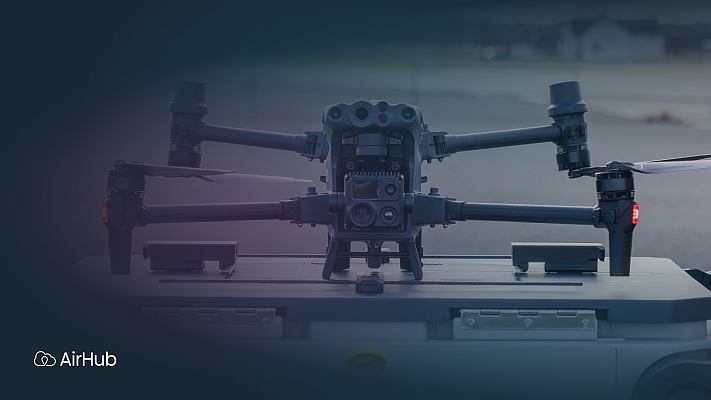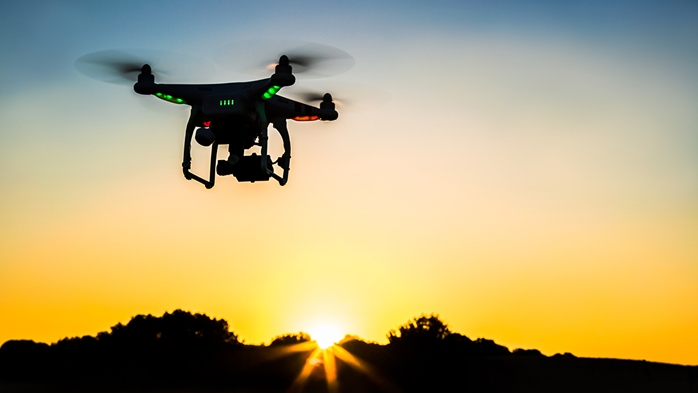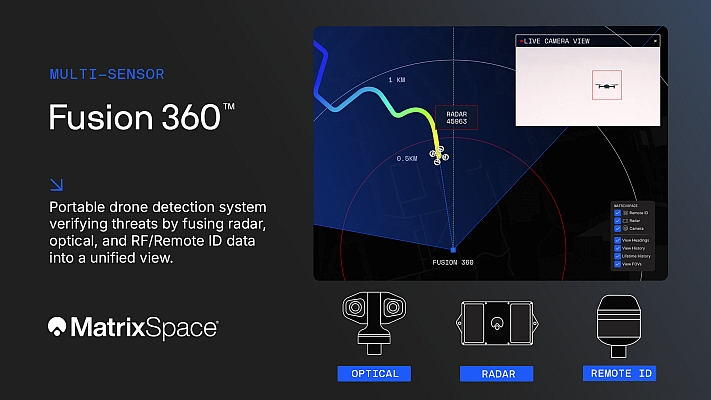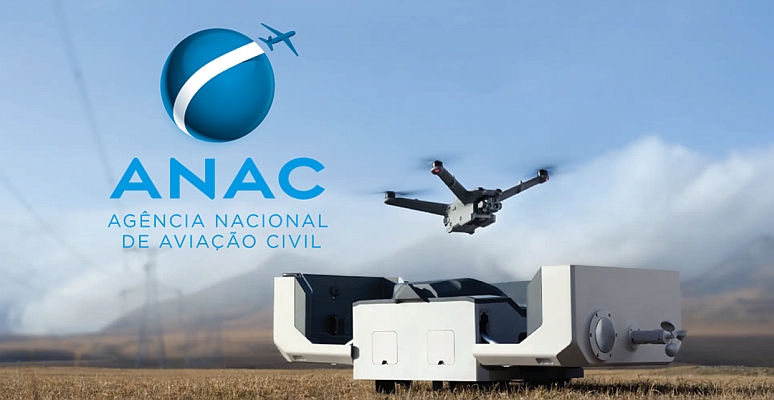The Federal Aviation Administration has made it simpler for the six unmanned aircraft systems (UAS) test sites to conduct research by giving them “blanket” authorizations to fly public aircraft operations throughout the National Airspace System at or below 200 feet.
 The FAA expects this improved access for the test sites will provide more opportunities for research that may help the agency integrate UAS into the nation’s airspace more quickly and easily.
The FAA expects this improved access for the test sites will provide more opportunities for research that may help the agency integrate UAS into the nation’s airspace more quickly and easily.
The new Certificates of Waiver or Authorization (COAs) allow small UAS (under 55 lbs.) operated by the test sites to fly up to 200 feet above ground level anywhere in the country except restricted airspace and areas close to airports and heliports. Operators must fly during daytime Visual Flight Rules conditions and within visual line of sight of the pilot. The new authorizations also let the test sites fly various types of UAS under a single COA, making it easier for them to conduct research missions. Previously, the FAA required authorization for each type of UAS the operators wanted to fly.
The FAA now permits people who hold a recreational or sport pilot certificate to conduct test site operations under the blanket COA. Previously, the agency required operators to hold at least a private pilot certificate. A third class medical certificate also is no longer required. Now an operator only needs a valid driver’s license to satisfy the medical requirement.
These expanded operational parameters for the test sites are similar to those the FAA implemented recently for civil UAS operations authorized under a Section 333 exemption. (http://www.faa.gov/news/updates/?newsId=82245)
The six UAS test sites are the first public operators to receive this type of “blanket” airspace access across the United States, including Alaska and Hawaii. The sites may still fly outside the “blanket” COA parameters if they receive or retain separate COAs specific to the airspace requested for those operations.
For more information on the FAA and UAS, go to http://www.faa.gov/uas/
Source: FAA






